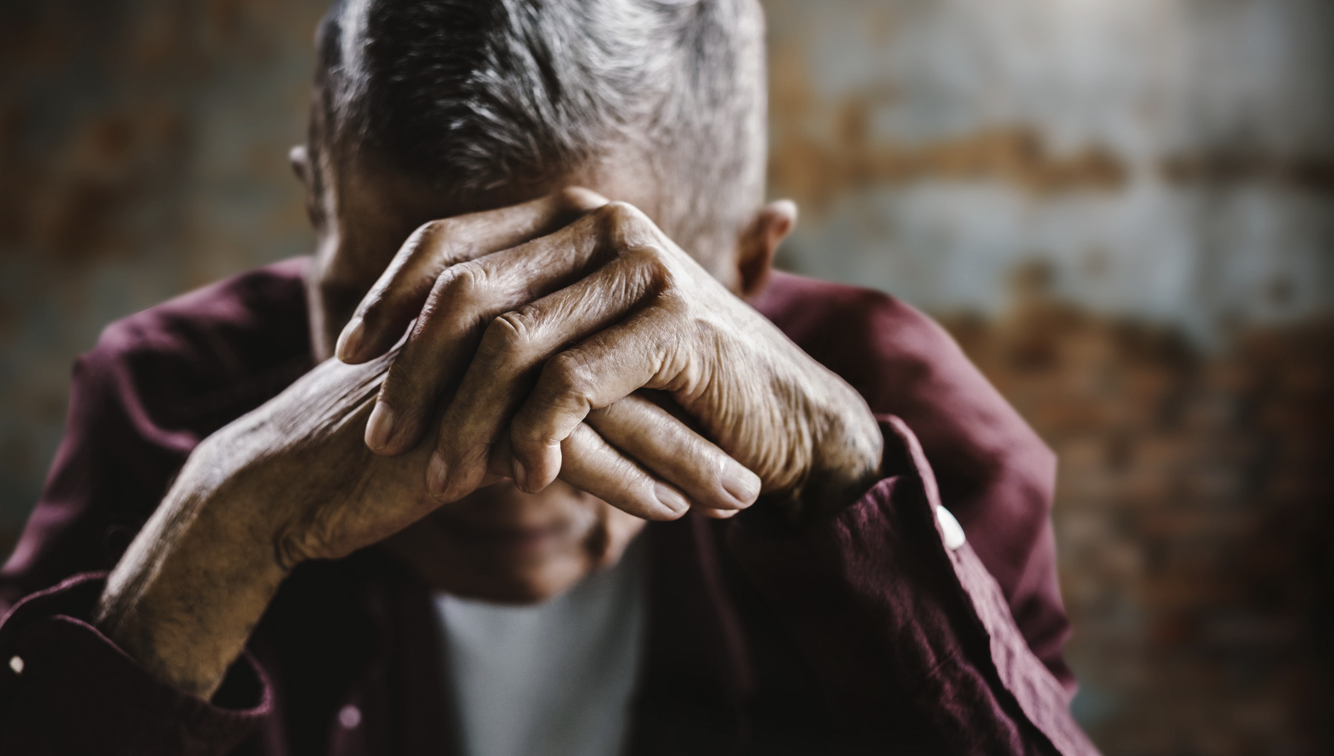November 19, 2024 | Nursing Home Abuse

Elder abuse in Kentucky takes many forms. It is estimated that one in six people 60 years and older experience some type of abuse. Abuse rates are higher in nursing homes, assisted living facilities, and similar long-term care settings.
Sadly, many elderly people cannot speak for themselves or do not have anyone to turn to if they are being abused. It is crucial for family members and friends to understand the risk factors that increase the chance of elder abuse. Understanding the signs of elder abuse can also help prevent your loved one from being abused in a long-term care facility.
Risk Factors for Elder Abuse in Kentucky
Elder abuse includes physical, emotional, financial, sexual, and verbal abuse. Elder neglect is also a form of abuse.
Five risk factors for elder abuse include:
Mental Health Conditions
Mental health conditions for the caregiver or the older adult can increase the risk of abuse and neglect. Caregiver stress and depression have been linked to elderly abuse. Caregivers may begin to feel as if the person is a burden and become angry.
Caring for an older person with mental health conditions may be more challenging. Caregivers and elderly people must have access to mental health care and assistance.
Cognitive Impairment
Alzheimer’s, dementia, and other conditions can prevent an elderly person from reporting abuse or neglect. These conditions cause judgment impairment, forgetfulness, and impaired social and daily functioning. A nursing home may take advantage of a patient’s cognitive impairment by providing inadequate care because they do not realize they are being mistreated.
Isolation
Another primary risk factor for elder abuse is isolation. Whether at home or in a facility, many older people become isolated from family and friends. They primarily interact with their caregivers, who are the abusers.
Isolation allows the abuse or neglect to continue undetected. An elderly person may not have anyone to turn to or ask for help.
Dependency
Being physically or financially dependent on other people can increase the risk of elder abuse and neglect. A caregiver or nursing home is responsible for providing for the older person’s medical, physical, and emotional needs.
When an older person is dependent on someone for their care, it creates an imbalance in power. This imbalance increases the risk of abuse. The elderly person may fear reporting the abuse because they would lose access to care and resources.
Physical Limitations
Many older adults experience limitations on physical movement as they age. Health conditions and normal aging may reduce flexibility, stability, and range of motion. Elderly people require physical assistance to attend to their daily needs and move around. They are also less likely to be able to fight back against abuse or leave on their own.
Understanding the Signs and Red Flags Indicating Elder Abuse
Regardless of the risk factors, it is crucial to know the signs of abuse and neglect. Recognizing elder abuse and neglect allows you to act quickly to stop further harm.
Signs of elder and nursing home abuse include:
- Evidence of neglect, including open wounds, bedsores, malnutrition, dehydration, and poor hygiene
- Physical abuse, including black eyes, unexplained fractures, broken bones, bruises, burns, etc.
- Sexual abuse, including unexplained genital bleeding, sexually transmitted diseases, depression, anxiety, bruises around genitals, breasts, or buttocks, etc.
- Psychological abuse, including being depressed and withdrawn
- Self-neglect may occur if the elderly person refuses to eat or drink enough, bathe, and wear clean clothing
- Financial abuse, including missing property, withdrawals from financial accounts, transferring titles, new legal documents, etc.
- Abandonment occurs when the caregiver leaves the older person, such as dropping them off at a medical facility or public place and leaving them
If you suspect nursing home abuse or neglect, call 911 if the person needs immediate medical attention or is in imminent threat of harm. Otherwise, you can report the abuse to the Kentucky Attorney General’s Office.
For help taking legal action for your loved one’s injuries, contact a Lexington nursing home abuse lawyer.
Contact Our Nursing Home Abuse Law Firm in Kentucky Today To Get More Information
If you’ve been injured in an accident in Nashville, Lexington or Bowling Green, please contact our nursing home abuse lawyers at Minner Vines Injury Lawyers, PLLC for a free case evaluation.
Minner Vines Injury Lawyers, PLLC – Lexington, KY Office
325 W Main St #210, Lexington, KY 40507
(859) 550-2900
Minner Vines Injury Lawyers, PLLC -Bowling Green, KY Office
814 State St. suite 100, Bowling Green, KY, 42101
(270) 517-2014
Minner Vines Injury Lawyers, PLLC – Nashville, TN office
Minner Vines Injury Lawyers, PLLC – Nashville Office
49 Music Square W #504, Nashville, TN 37203, United States